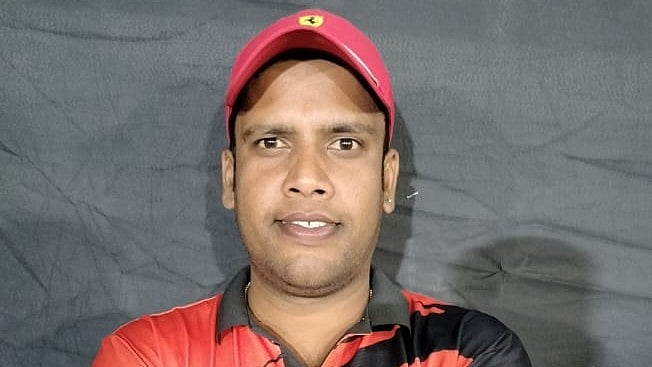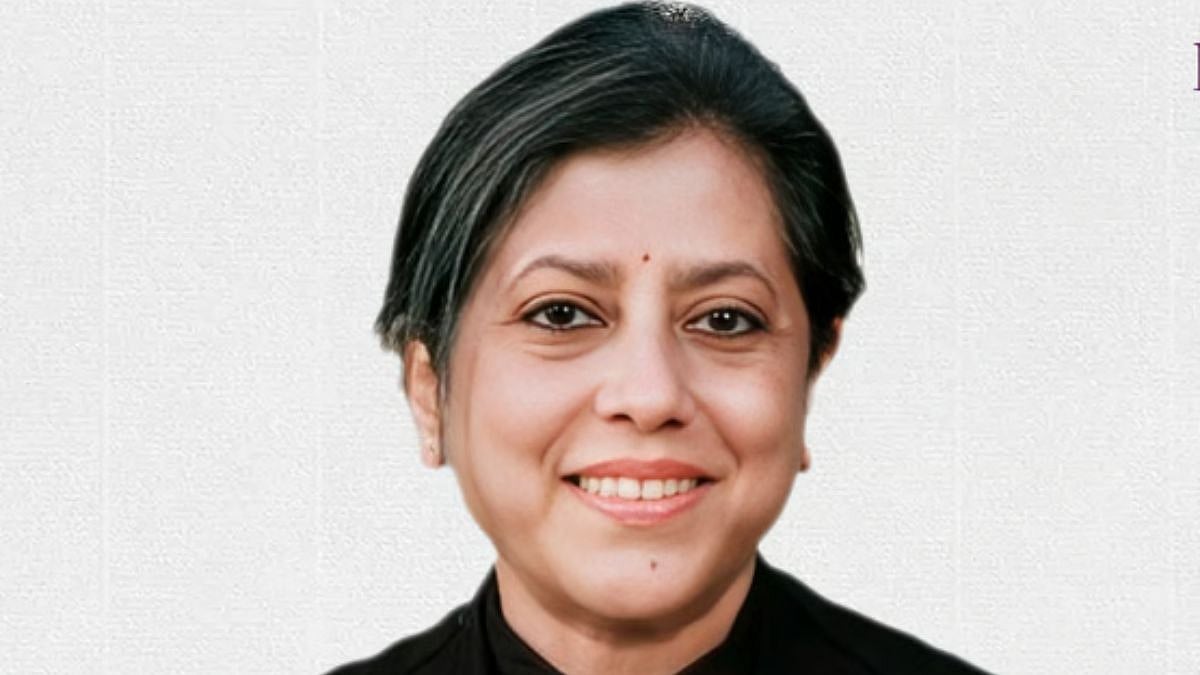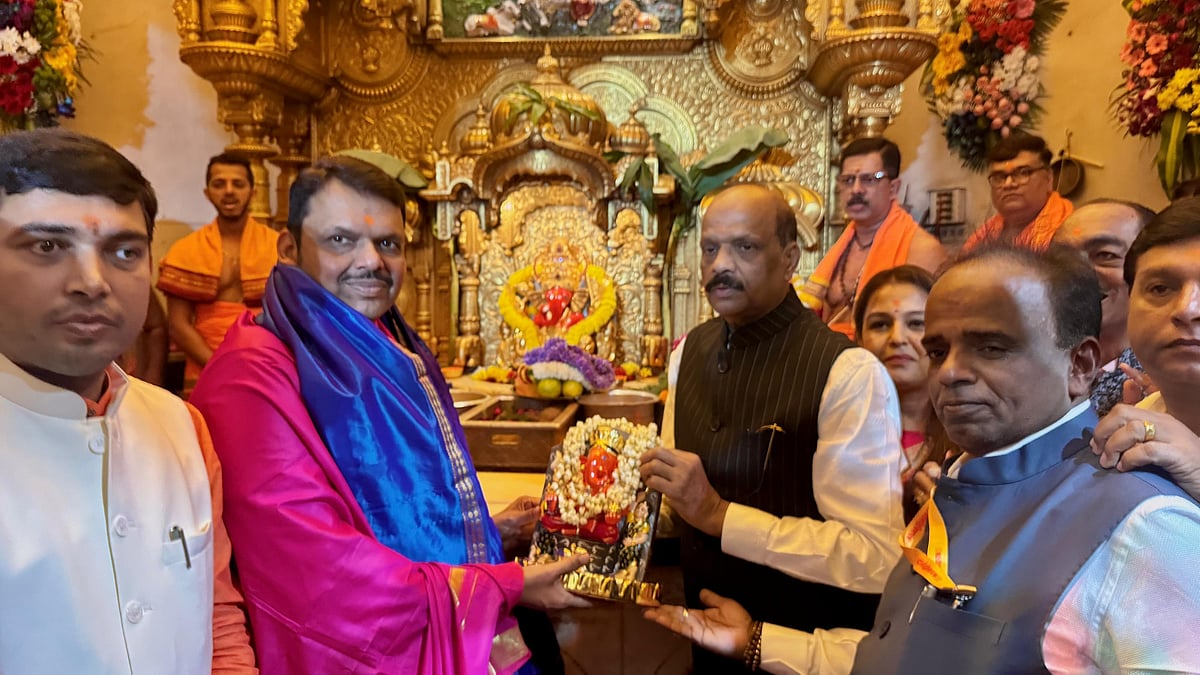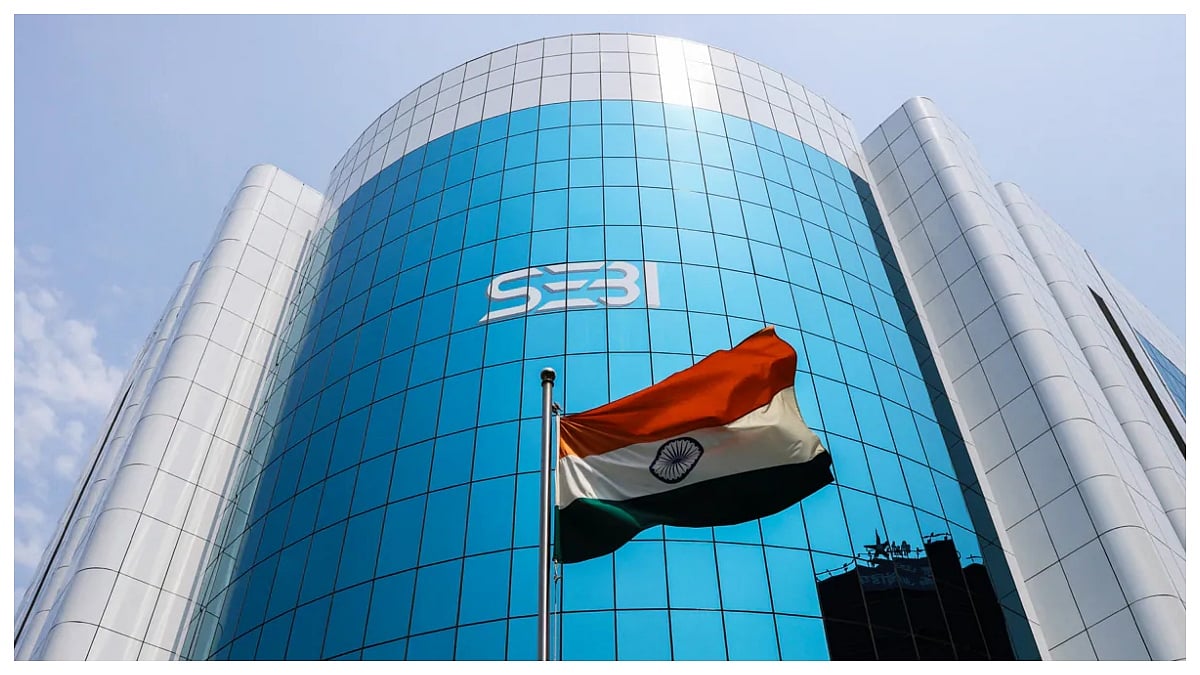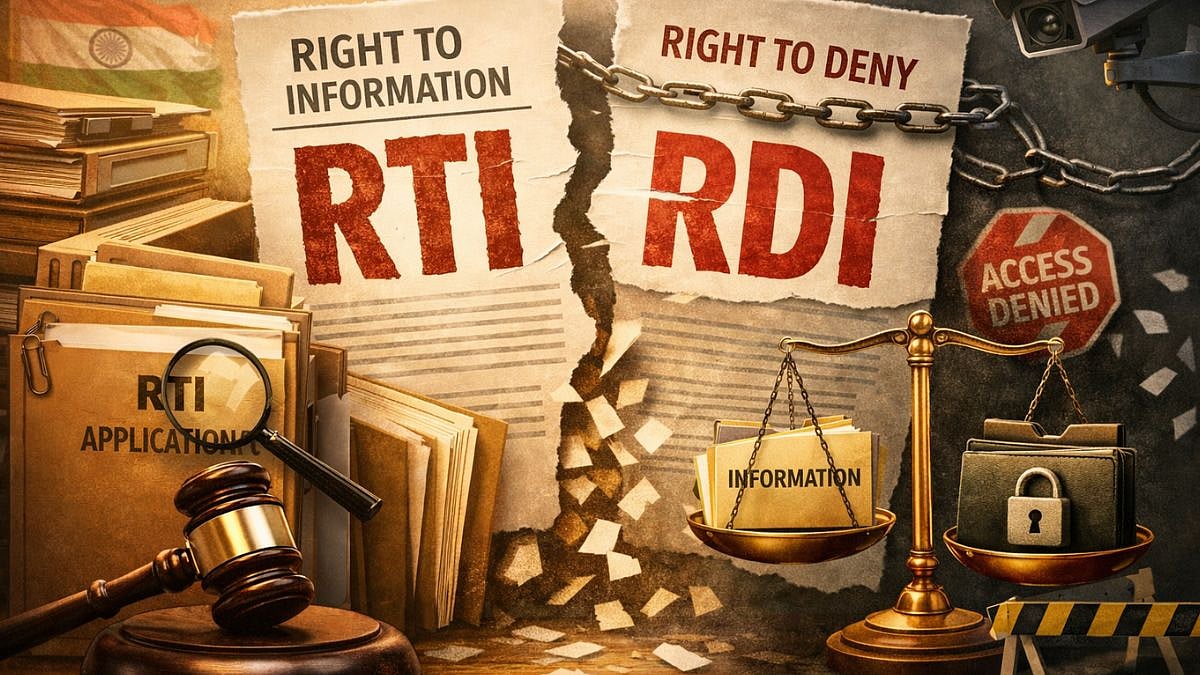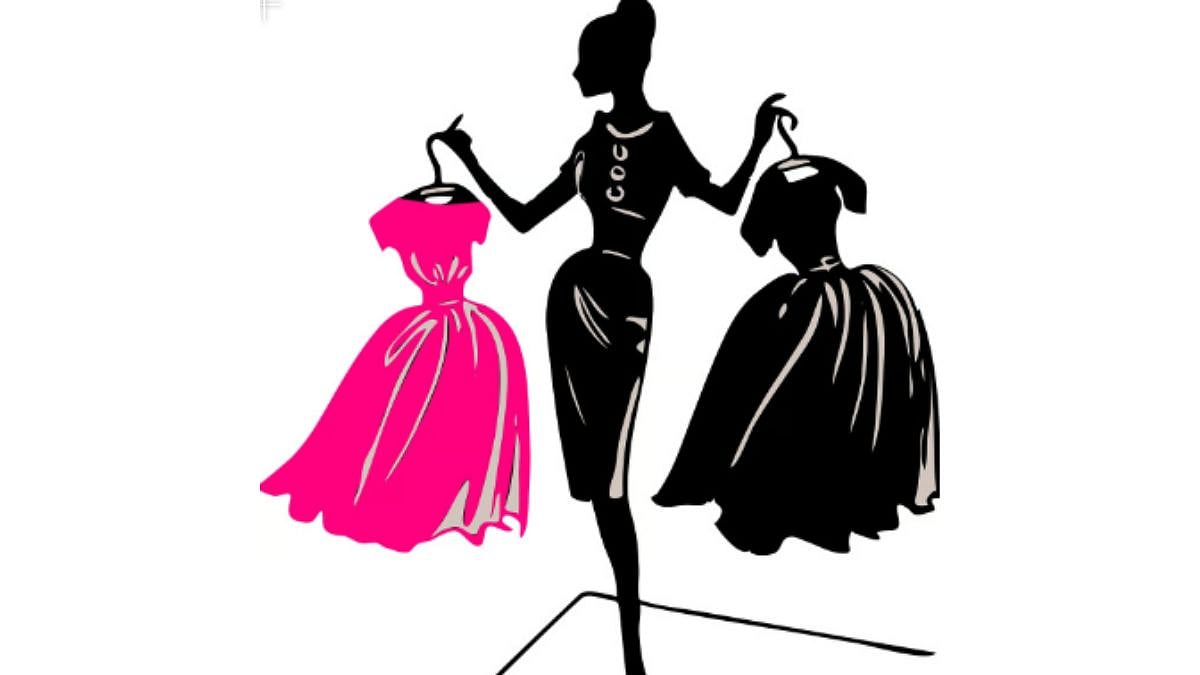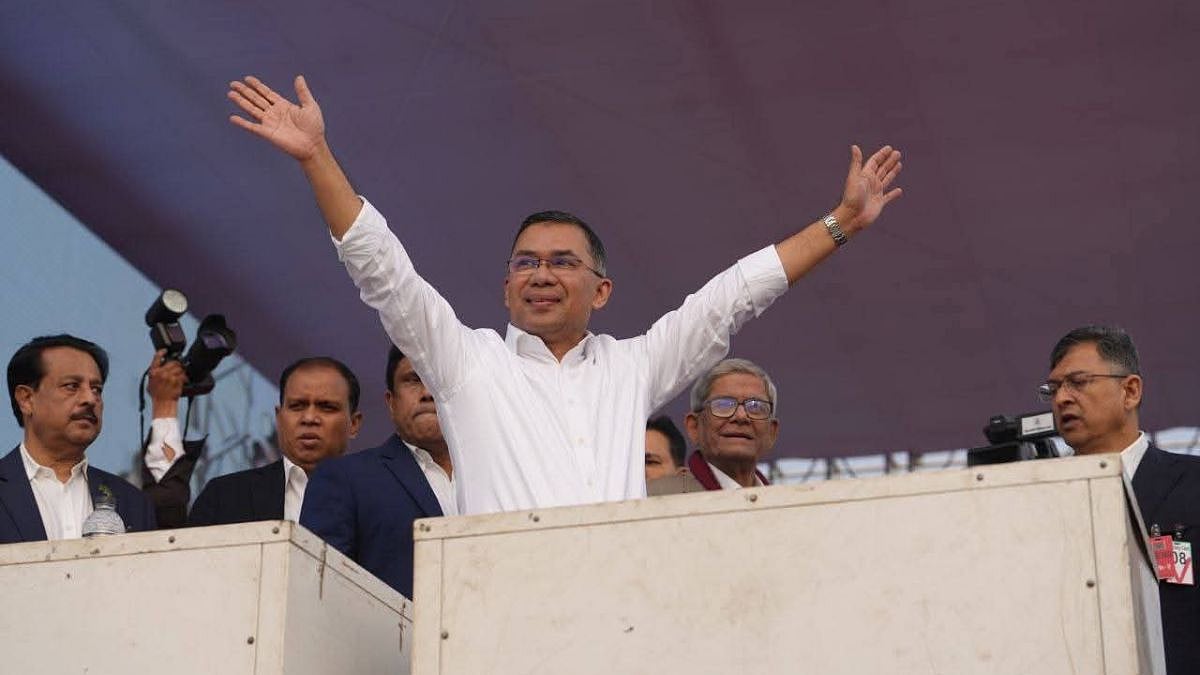The French Interior Minister Gerald Darmanin stated a few days ago that his country was at “war with Islamist ideology”. He added, “We are in a war against an enemy that is both inside and outside,” and told the people of France to brace for more violence.
At the core of the war is the belief that the rights of individuals to have the full freedom versus the rights of the religious zealots and their being quick to take offence at almost everything. In a modern, secular society, we believe that the former must triumph. That the rights of the individual to hold beliefs and express them freely and without fear of having their heads lopped off, triumphs over every other consideration.
Charlie Hebdo is the French satirical cartoon magazine that ridicules everyone and everything. They have been sued by all and sundry, including the Vatican. And, then they published offensive cartoons about the Prophet Mohammad, revered by Muslims around the world. There were protests across the world, where crowds who neither read French, nor read – turned out to call for death to blasphemers. In January 2015, there was a terrorist attack on the offices of Charlie Hebdo. Two home-grown Islamist terrorists attacked Charlie Hebdo’s office with AK-47s and grenade launchers and killed 10 people – they called out the names of cartoonists before they shot them. France faced a spate of terror attacks in that period, all of them carried out by homegrown Islamists. All of France seemed to turn out to protest the killings and stand in solidarity with Charlie Hebdo. ‘Je suis Charlie’ (I am Charlie) became a slogan offline and online.
In France, secularism is a legacy that goes back to the French Revolution and the gradual separation of the church and the state. Over the last three centuries, religion and the affairs of the people, and the state have been kept strictly apart. Their secularism – called laïcité – recognises individual rights, and does not recognise any special rights of religious groups. People’s rights are enshrined in the Constitution, and the state protects people from the excessive interference of religious directives. For example, just after the French Revolution, the right to abortion was legalised. Although it was banned in later decades, again the fact remains that the French State had the moral courage to go against one of the most stringent strictures of an all-powerful Church. Its people cherished their secularism, and the French government is committed to protect it. And this is their way of life.
A few weeks ago, a French civics teacher, Samuel Paty, taught a class about freedom of expression and what it means to exercise it. In the class, he showed students the Charlie Hebdo cartoons, with context. The story of the teacher’s actions spread on certain groups. And there was a call to punish him. Two weeks ago, he was beheaded by an 18-year-old Islamist Chechen migrant, who believed that the teacher had committed blasphemy and deserved to die.
French President Marcon has been at war with his country’s Islamists for some time. He has termed the home-grown Islmaist as separatists because they want to live in France, without respecting French laws and France’s commitment to upholding secularism and opposing communitarianism. And this includes the right to commit blasphemy. For Macron, this is about France and his view is: “You don’t choose one part of France. You choose France … The Republic will never allow any separatist adventure.”
Countries of Western Europe are confronting the chickens coming home to roost. Their immigration policy was an outcome of their colonisation. And they never really made an attempt to integrate the new migrants. Ghettos of deprivation dot western Europe. Many of them having fallen off all maps. In such ghettos grow, what Macron terms as ‘separatists'. People who want to live in Europe but under strict Islamic law.
Many hardworking devout, Muslim families are caught between the hardliners in their community, and an increasing hostile environment caused by backlash from the terror attacks. And it is not like these societies were not innately racist before the attacks. The attacks on the French way of life has just exacerbated the dislike of outsiders, the dislike of brown people and the dislike of Muslims.
Western nations have to ensure that their significant minorities are not ‘othered’ so much that they have their backs to the wall and nowhere to turn – except the hardliners. A very real outreach programme is needed. Values like liberalism and secularism don’t just get manifested spontaneously. They get internalised over a period of time. For Europe in general, and France in particular, to ensure that immigrants live and breathe liberty and secularism – they have to ensure that they understand the spirit and the nature of the Republic. And for that, you have to make people feel welcome.
To expect European nations like France, Germany or Holland to back down on secularism is far-fetched, and it is difficult to imagine them going soft on home-grown, radical Islamist groups. At the same time, to expect the European Islamists to embrace secularism is equally far-fetched. It looks like there will be more bloodbath, as sides face off. Making the need for outreach even more important.
The writer works at the intersection of digital content, technology, and audiences. She is a columnist, visiting faculty and filmmaker.

